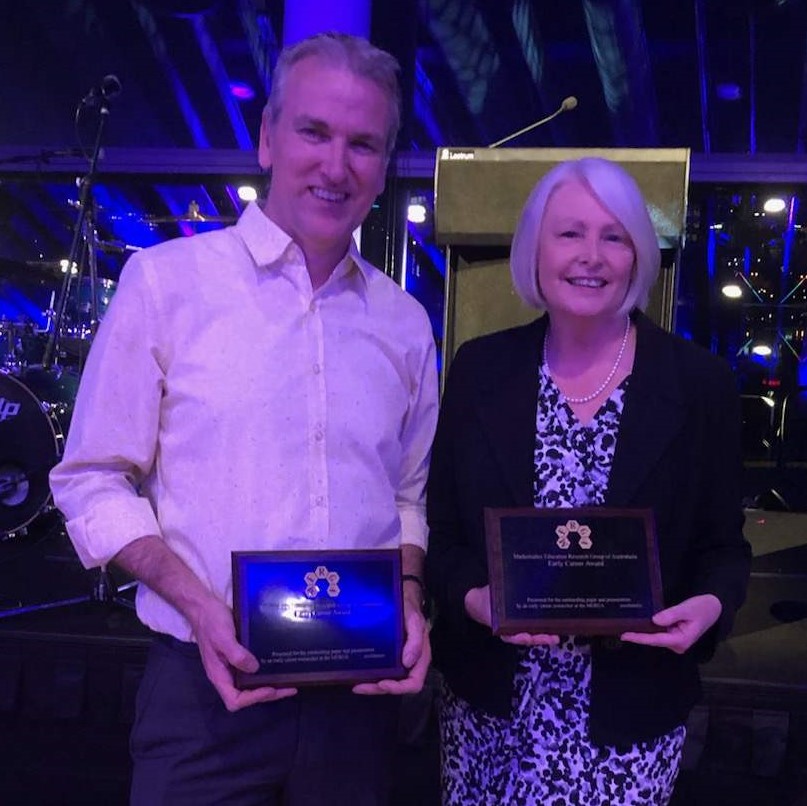Linda Bonne
A student’s mathematics achievement can be promoted or obstructed by their beliefs about intelligence in general (mindset), and about their own mathematical capability in particular (mathematics self-efficacy). Ways of investigating the effects of a mindset intervention and a mathematics self-efficacy intervention, and how these effects might be associated with changes in students’ mathematics achievement, will be discussed. An exploratory study with Year 4-5 students and their teachers, drawing on design research methodology and including quantitative and qualitative methods, will be described. A case will be argued for extending our understanding of New Zealand students’ self-beliefs in relation to mathematics.

